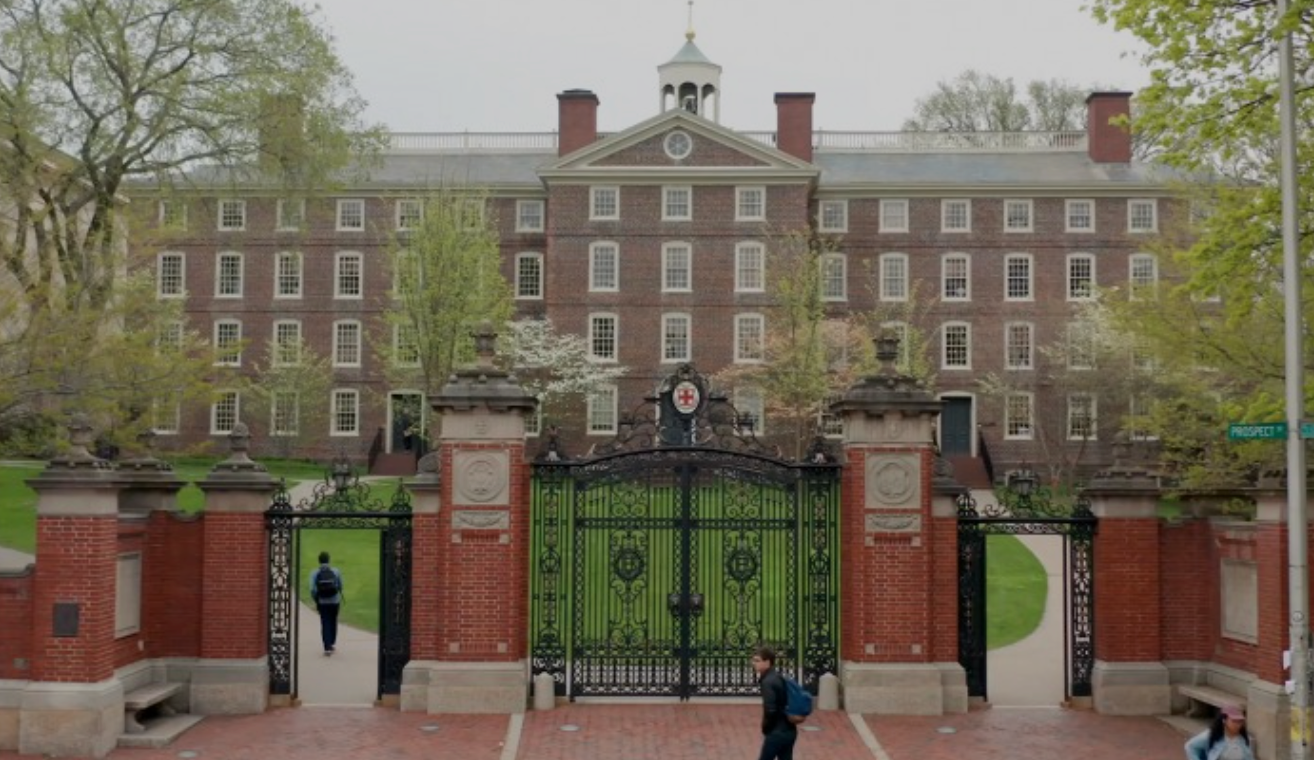Fil-Am students at Brown University push for Tagalog language program

Photo from Brown University website
Harvard University made history in the 2023-24 academic year by introducing its first-ever Tagalog course, while Yale University is set to follow suit with its own Tagalog program starting in September 2025.
Meanwhile, Filipino students at Princeton University are also pushing for a Tagalog language program on their campus.
In a seemingly similar significant push for representation, Filipino students at Brown University are also calling for the establishment of a Tagalog language program, highlighting the growing demand for Southeast Asian studies on campus.
Through a petition launched in early February, the Filipino Alliance is advocating for the addition of formal Tagalog courses, marking a renewed effort following a previous campaign in 2022 that garnered limited engagement.
According to a digital report from the the Brown Daily Herald, the latest petition has already gained substantial support, with over 800 signatories, which includes 200 individuals willing to provide testimony in favor of the program.
The alliance relaunched the initiative after witnessing a surge of interest at the Ivy League Filipino Conference in November.
The push for a Tagalog program comes amid broader efforts to promote Filipino representation in higher education. While Tagalog is the fourth most spoken language in the United States, it is not among the more than 25 languages currently offered at Brown.
The lack of formal instruction has led some students to create Group Independent Study Projects (GISPs) as a workaround to engage with Filipino culture and language.
Student leaders believe that institutionalizing a Tagalog program would be a powerful step toward inclusivity.
Brown University is not the only Ivy League school recognizing the significance of Tagalog. With Brown University students now joining the movement, the growing demand for Tagalog courses highlights a broader call for stronger Filipino representation in higher education across prestigious institutions.
The students’ push reflects a rising awareness of the importance of preserving and promoting Filipino language and culture, especially in academic spaces where Southeast Asian studies have long been underrepresented.

